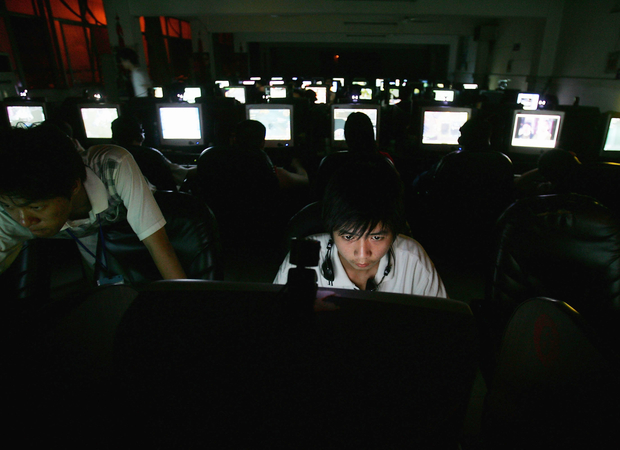China “Gifted” the African Union a Headquarters Building and Then Allegedly Bugged It for State Secrets
In an investigation published by French newspaper Le Monde, China, which also paid and built the computer network at the AU, allegedly inserted a backdoor that allowed it to transfer data.









